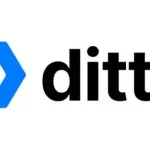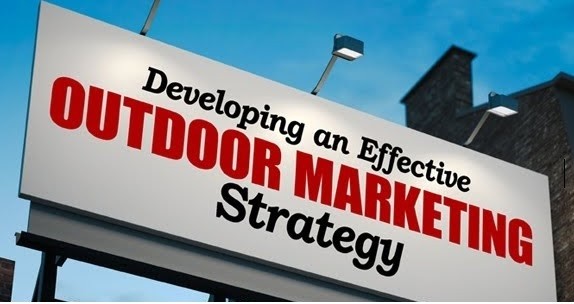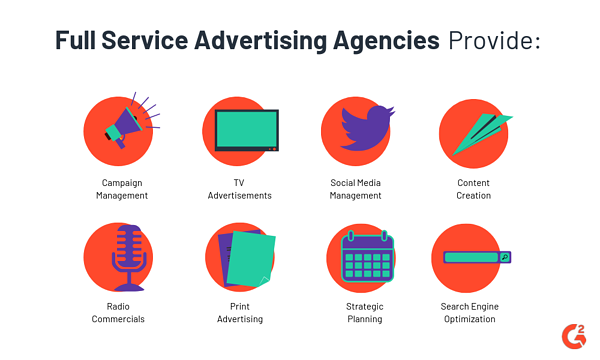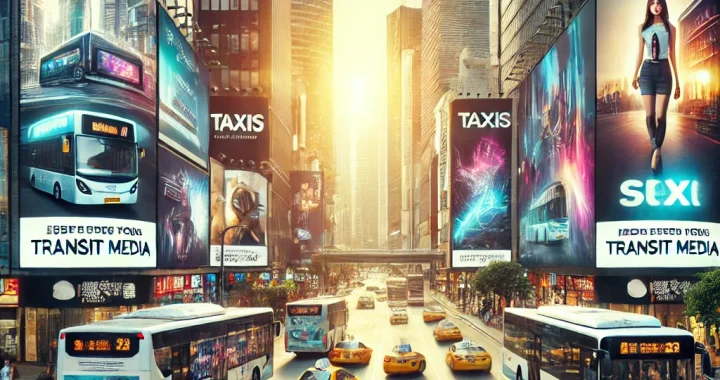What is Event Based Marketing?
2 min read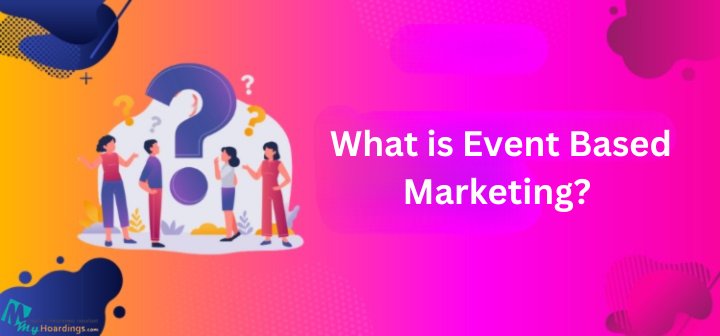
Understanding Event-Based Marketing: Insights from MyHoardings
Event-based marketing is a dynamic and strategic approach that focuses on leveraging specific events to engage with target audiences effectively. Whether it’s a product launch, festival, conference, or community event, this marketing strategy aims to create memorable experiences that resonate with consumers and foster brand loyalty.
What is Event-Based Marketing?
At its core, event-based marketing involves aligning marketing efforts with significant events or occasions to reach consumers at pivotal moments. This method not only enhances brand visibility but also encourages consumer interaction, providing opportunities for direct engagement and feedback.

Key Features of Event-Based Marketing
- Targeted Engagement: Event-based marketing allows brands to reach specific audience segments who are likely to be interested in their products or services.
- Experiential Interaction: By creating immersive experiences, brands can connect with consumers on a personal level, enhancing emotional engagement and brand recall.
- Content Creation: Events often generate valuable content that can be shared across various marketing channels, from social media to email campaigns.
- Brand Awareness: Participating in or sponsoring events can significantly boost brand recognition and establish a company as a key player in its industry.
Types of Event-Based Marketing
- Product Launches: Hosting events to unveil new products creates excitement and allows consumers to experience the product firsthand.
- Trade Shows and Expos: Businesses can showcase their offerings, network with potential clients, and gain insights into industry trends.
- Community Events: Engaging with local communities through sponsorships or participation fosters goodwill and strengthens brand loyalty.
- Seasonal Promotions: Tying marketing campaigns to holidays or major seasonal events can capture consumer attention at peak shopping times.
Advantages of Event-Based Marketing
- Enhanced Customer Engagement: Live interactions create stronger relationships between the brand and consumers, fostering loyalty.
- Immediate Feedback: Events provide an opportunity for direct consumer feedback, allowing brands to refine their offerings and strategies.
- Content Generation: Events can be leveraged for social media content, blogs, and newsletters, amplifying marketing reach.
- Networking Opportunities: Participating in industry events allows brands to connect with influencers, suppliers, and other stakeholders.
Challenges in Event-Based Marketing
- Cost Considerations: Organizing events can be expensive, and brands need to ensure a return on investment.
- Logistical Coordination: Planning and executing successful events requires meticulous attention to detail and efficient management.
- Unpredictable Outcomes: External factors such as weather, attendance, and competition can affect the success of events.

Conclusion
Event’s-based marketing is a powerful tool that, when executed effectively, can drive engagement, build brand loyalty, and enhance visibility in a competitive marketplace. By aligning marketing efforts with significant events, brands can create meaningful connections with their target audience, paving the way for long-term success.
For expert assistance in planning your next events marketing campaign or to explore innovative advertising solutions, contact MyHoardings at:
- Email: business@myhoardings.com
- Phone: +91-9953847639
- Website: www.myhoardings.com
Let us help you create impactful marketing experiences that resonate!








